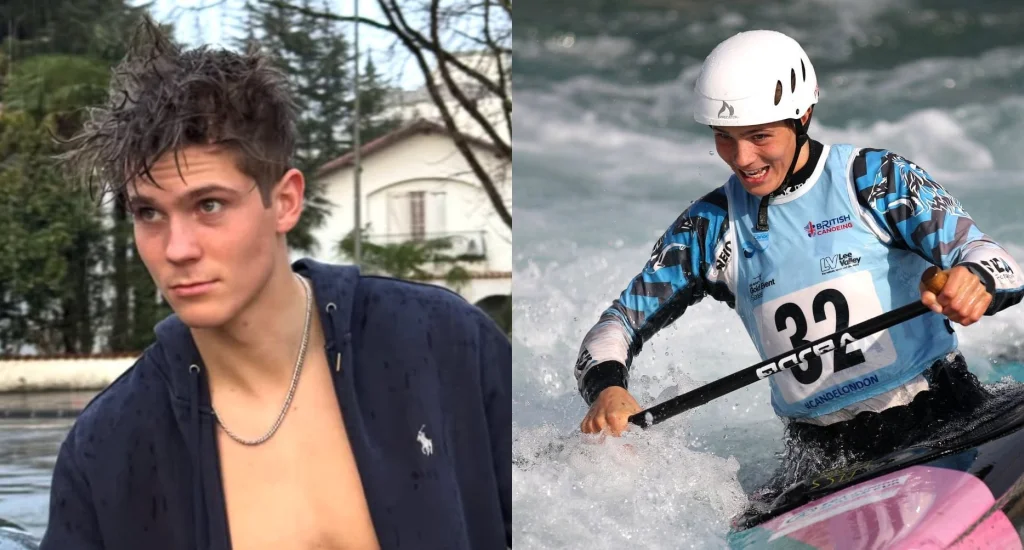
Kurts Adams Rozentals Twitter Video
The story of Kurts Adams Rozentals reads like a modern morality tale with no clear heroes—only a young athlete caught between Olympic dreams and financial reality, a governing body enforcing conduct standards, and a society still wrestling with how we support the people we ask to represent us on the world stage.
In November 2025, the 22-year-old British canoeist received a two-year ban from competition after posting what a disciplinary panel deemed "explicit" footage on his public Instagram account . The video, filmed on an airplane and shared in March, was found to bring the sport of canoeing into "serious disrepute." But the fuller story reveals uncomfortable questions about what we expect from athletes—and what we're willing to give them in return.
The Financial Breaking Point
Rozentals competed at age-group international levels for years before joining the World Class Programme in 2022, earning two silver and three bronze medals across national and international events . By all measures, he was on track—a rising talent in British canoe slalom with legitimate Olympic aspirations.
But behind the medals was a grimmer reality. As a World Class Programme athlete, Rozentals received £16,000 annually from Paddle UK , an amount he described as woefully inadequate for full-time training. Raised by a single mother who worked grueling hours, he tried supplementing his income through freelance video editing and warehouse shifts at Amazon , but the side work compromised his training.
In January 2025, facing what he described as the edge of homelessness, Rozentals created an OnlyFans account . The decision wasn't made lightly. For fifteen years, his life had revolved around canoe slalom. His mother had sacrificed everything—working what he described as 90 to 100-hour weeks—to give him a shot at Olympic glory.
"When you have to cover rent, travel, food... and most athletes who train full-time are all living in London," Rozentals told the BBC . "They're very fortunate to have parent backing—I wasn't."
Success and Scrutiny
Between January and May 2025, Rozentals earned over £100,000 through OnlyFans , finally achieving financial stability. He grew his Instagram following to 108,000 and accumulated more than 10,000 likes on the adult content platform . For the first time, he could provide his mother with a better life—the woman who'd given up everything for his dreams.
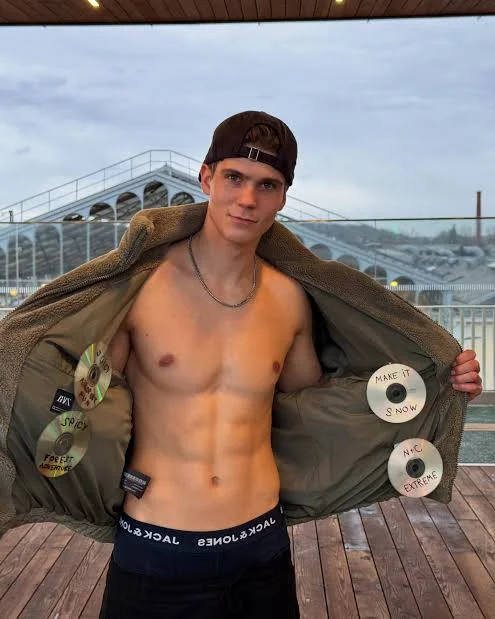
But success came with scrutiny. In April 2025, a disciplinary panel was established, and Rozentals found himself suspended from canoeing, unable to access facilities or contact coaches, staff, or students . At the time, the reason remained unclear, though he heard through others it connected to his Instagram account, which he used to promote his adult content.
The situation exploded into public view when Rozentals spoke out in May, claiming he was being forced to choose between financial survival and his sporting career. His story touched a nerve, raising questions about the adequacy of athlete funding in the UK and the modern realities of social media-driven income.
The Video That Changed Everything
On October 31, 2025, Paddle UK announced its decision: Rozentals was officially banned for two years and removed from the World Class Programme, ending his hopes of competing in the 2032 Olympics . The governing body clarified that Rozentals had "intentionally misinformed the press" about the suspension being related to his OnlyFans account .
The real issue, according to the disciplinary panel, was a specific Instagram video from March—the airplane footage that depicted what reports characterized as a "sexual act." Rozentals disputed characterizations that the video was explicit, insisting it was "edgy" but not inappropriate for Instagram, noting the platform itself hadn't removed it .
"I think the outcome is very extreme," he told Sky News . "I'm only human. I make mistakes, but banning me for two years... I think it's pretty wild."
Speaking to BBC Sport, Rozentals added: "This ban would have never happened if athletes were funded properly" . While acknowledging the video was "crazy," he maintained it wasn't illegal and shouldn't justify ending an athlete's career.
The Broader Questions
The case has ignited debate across social media about athlete welfare, funding structures, and conduct expectations in the age of digital entrepreneurship. Rozentals, an openly gay athlete , represents a generation navigating new economic realities where traditional sponsorships and government funding no longer cover the costs of elite-level competition.
When asked if he'd abandon OnlyFans to save his canoeing career, Rozentals called it "the hardest decision" he'd ever faced, explaining he started the account "after years of struggle, years of living on the edge, my mum working 90 hours a week, having bailiffs at the door" .
His response cuts to the heart of the dilemma: "That's tough because I grew up with no money. And I don't care about money for money's sake. However, now I'm blessed to be in a position where I can treat my mum, who sacrificed everything in her life to be able to give me the opportunities to chase this Olympic dream... that means more to me than getting a medal ."
Paddle UK maintained its position was about conduct, not financial circumstances. In its statement, the organization said: "Paddle UK is committed to ensuring a safe and open environment for all, and action under the Athlete Disciplinary Policy is taken where necessary and proportionate" .
What Happens Next
For Rozentals, the immediate future looks drastically different than the Olympic path he'd spent fifteen years pursuing. The two-year ban effectively ends his 2032 Olympic hopes, though he's vowed to continue: "One way or another, I'll make it to the Olympics" .
The controversy has drawn attention from international media outlets and sparked conversations about how sporting bodies handle athletes who pursue unconventional revenue streams. For many observers, the case highlights systemic failures in athlete funding that force talented competitors into impossible choices.
Others argue that accepting sponsorship and representing a national program comes with conduct expectations—that athletes in World Class Programmes implicitly agree to uphold certain standards of behavior, regardless of financial pressures.
Rozentals acknowledged the tension: "In regards to the social media content, of course it's not what they want their athletes to be ideally making... it's obviously edgy content. I understand that image that they [Paddle UK] want athletes to portray. And it does not align with [the] image that Paddle UK is trying to cultivate" .
But he added a pointed observation about modern realities: "But also that doesn't get views... that also doesn't drive attention."
A Question Without Easy Answers
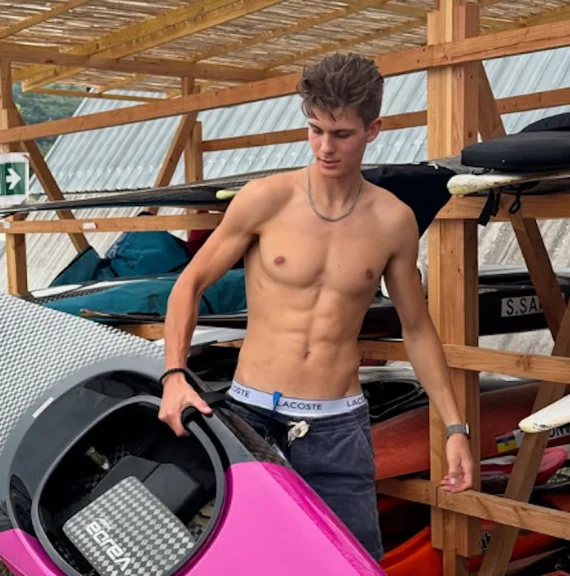
The Kurts Adams Rozentals story doesn't offer clean conclusions. It's a collision of values: athletic excellence versus financial survival, institutional standards versus individual autonomy, traditional expectations versus digital-age realities.
What remains undeniable is that a talented young athlete found himself choosing between homelessness and his sport—and when he found a solution that worked financially but clashed culturally with his governing body, his Olympic dreams ended.
Whether you view this as a cautionary tale about conduct boundaries or an indictment of inadequate athlete funding likely depends on which question troubles you more: What should athletes be willing to sacrifice for their sport? Or what should we be willing to invest in the people we ask to represent us on the world stage? Rozentals navigated that impossible choice the only way he knew how. History will decide whether it was the right one—or whether the real failure belonged to the system that forced him to choose at all.
Related Articles
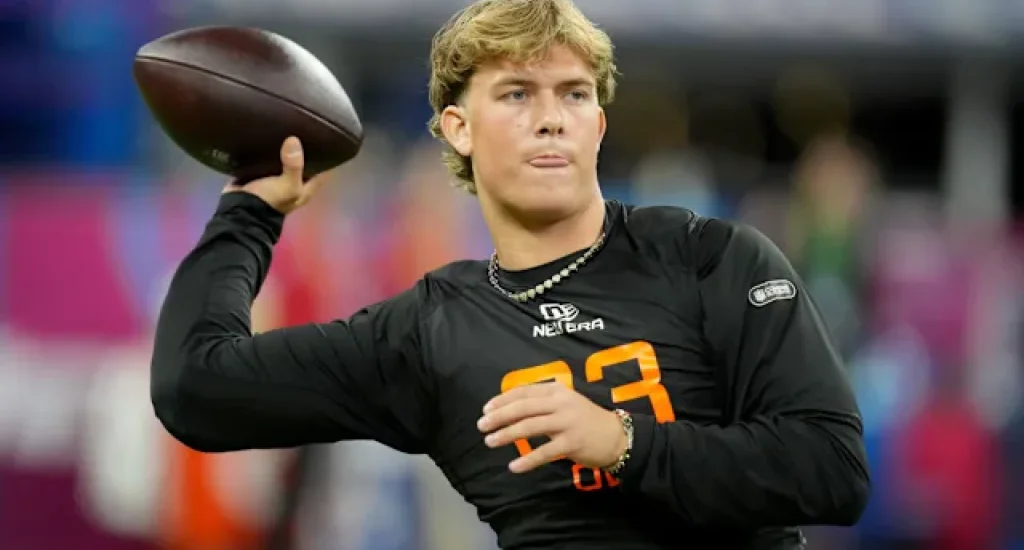
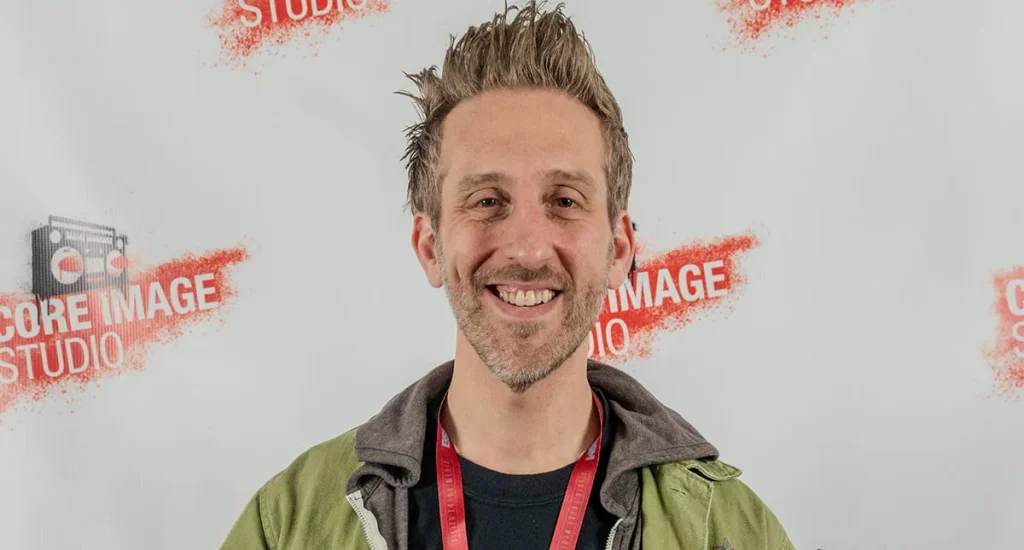
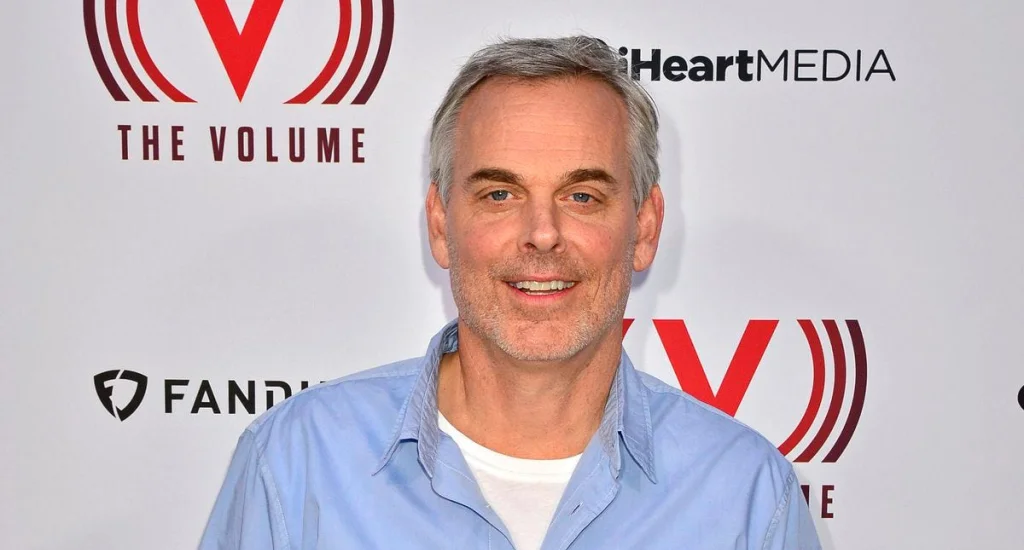
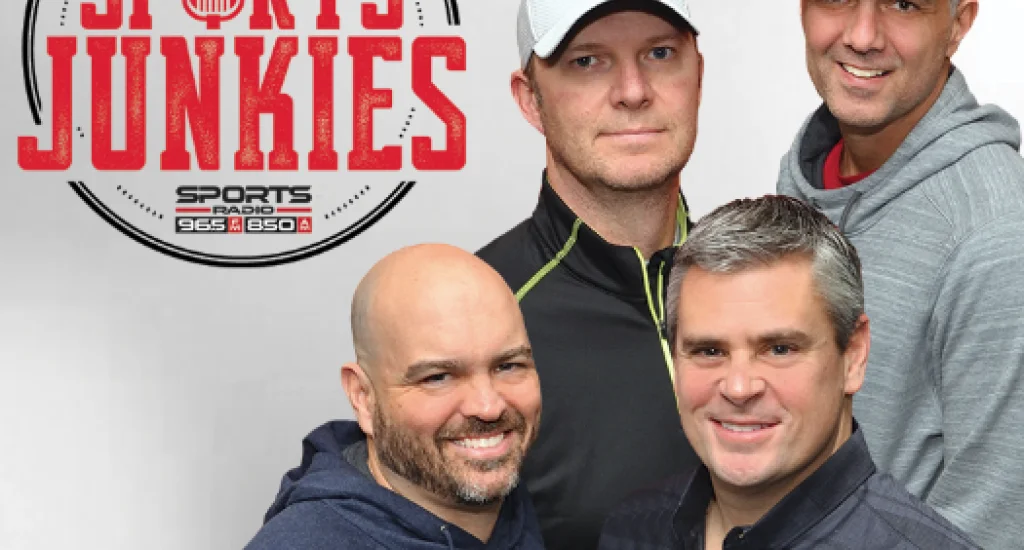
Eric Bickel's Twitter Presence: The Steak King and Sauna King of Sports Radio
November 03, 2025
